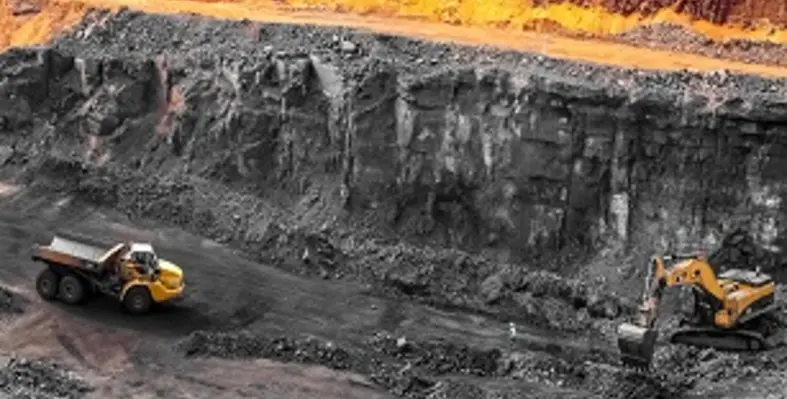Martin Clark reports on mining firms across Africa that are stepping up demand for power solutions and exploring new technologies in a bid to secure dependable energy in the face of poor grid supply
Securing dependable power is a prerequisite in commercial mining, an energy-intensive industry, but in Africa that is sometimes half the challenge. An uneven, erratic electricity network has long prompted mine operators to take matters into their own hands, deploying on-site diesel generating sets (gensets) as back-up, or in remote areas where no grid connection exists.
In recent years, mining power stations have also begun to embrace renewable technologies, alongside traditional thermal-based plants. But the absence of reliable electricity and availability to Africa’s mining sector is becoming more of a concern – and a potential block to new project development. This could threaten broader global strategic initiatives like net zero, if mine project development is not keeping pace with future energy transition demand. Wood Mackenzie suggests that in order to reach the Paris Agreement targets of zero carbon by 2050, copper and aluminium production must double, nickel output needs to rise three-fold and the world will require nine times the amount of lithium produced today.
Not all of that will come from Africa, of course, but a lot of it will, placing even greater strain on already limited power supplies.
South Africa
Many African countries, including big economies such as Nigeria and South Africa, are already struggling to meet demand, squeezing industry and households. South African President, Cyril Ramaphosa, has acknowledged that the nation’s electricity crisis is severely hurting its mining sector, a key pillar of the economy.
According to the Minerals Council South Africa, total mining volumes were down by around 6%, or US$1.8bn, last year, in large because of electricity shortages.
In a bid to rapidly expand generation capacity, the Department of Mineral Resources and Energy this year removed requirements for independent power producers to hold generation licences to produce electricity up to a threshold of 100MW, boosting demand for diesel gensets and other power solutions.
Genset demand
The fragile state of the nation’s grid-based supply has left South African mining firms with little option but to take action for themselves.
Goldplat is the latest to invest in a fleet of new gensets to bolster its South African business. The company reported that power shortages in South Africa had cost it 28% of hours available during the first two months of its Q4 period, compared to 20% in Q3. As a result, it is investing £750,000 (US$944,000) in diesel generators, set to arrive in September this year, which it says will be able to sustain operations during electricity cuts.
“The diesel generators will not just reduce the impact of electricity cuts, but also give control back to operational teams to improve efficiencies and maximise gold production,” said Goldplat CEO, Werner Klingenberg.
He also said it would provide “a sense of normality” at its mine sites “which we believe is important for the morale of our employees.”
Crucially, the economics of the diesel genset energy project stack up. The company said it will recover the full capital cost of the gensets in two years, based on 25% of available hours expected to be lost over the next 24 months – suggesting that it expects to see no real improvement in the country’s grid power supply.
Goldplat also said that it will continue to explore other options to secure reliable supply, for example additional connections to the local municipality grid, or a new direct connection to Eskom – though it noted timelines for these options remain “uncertain and unclear”.












